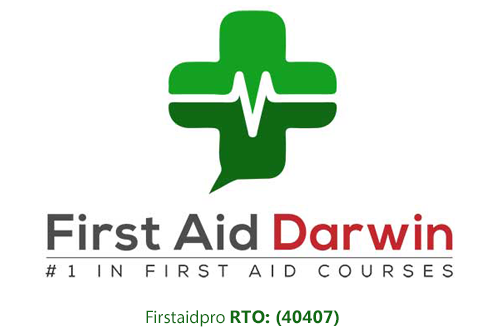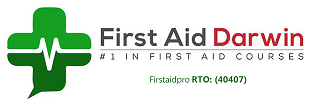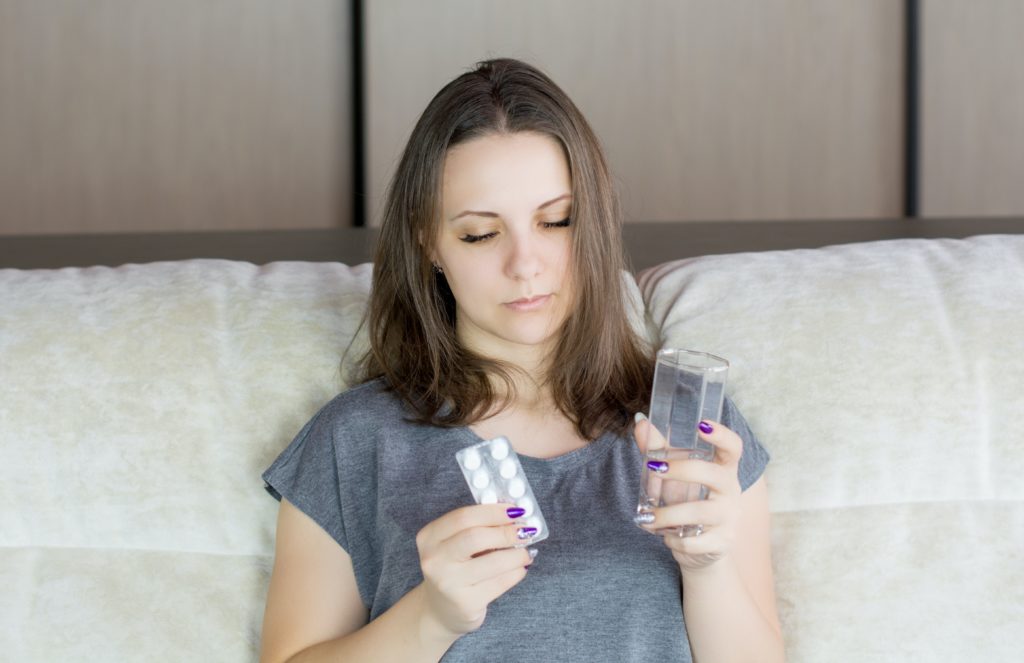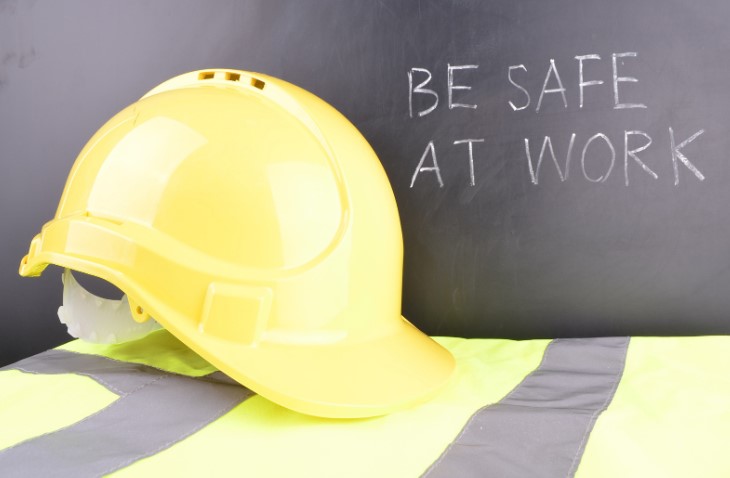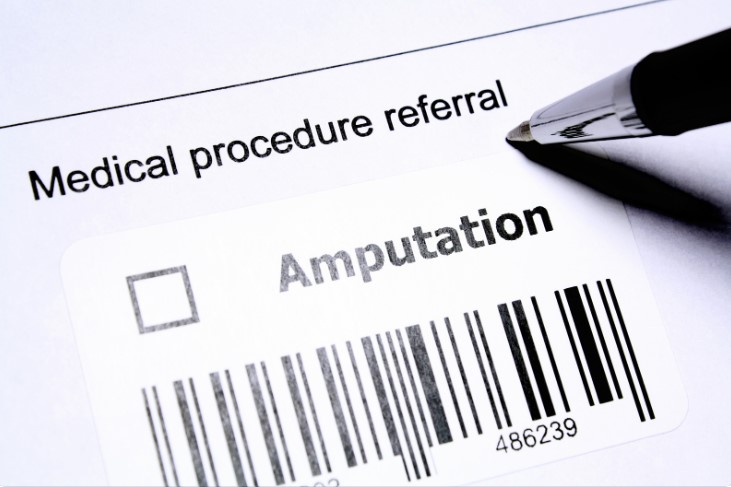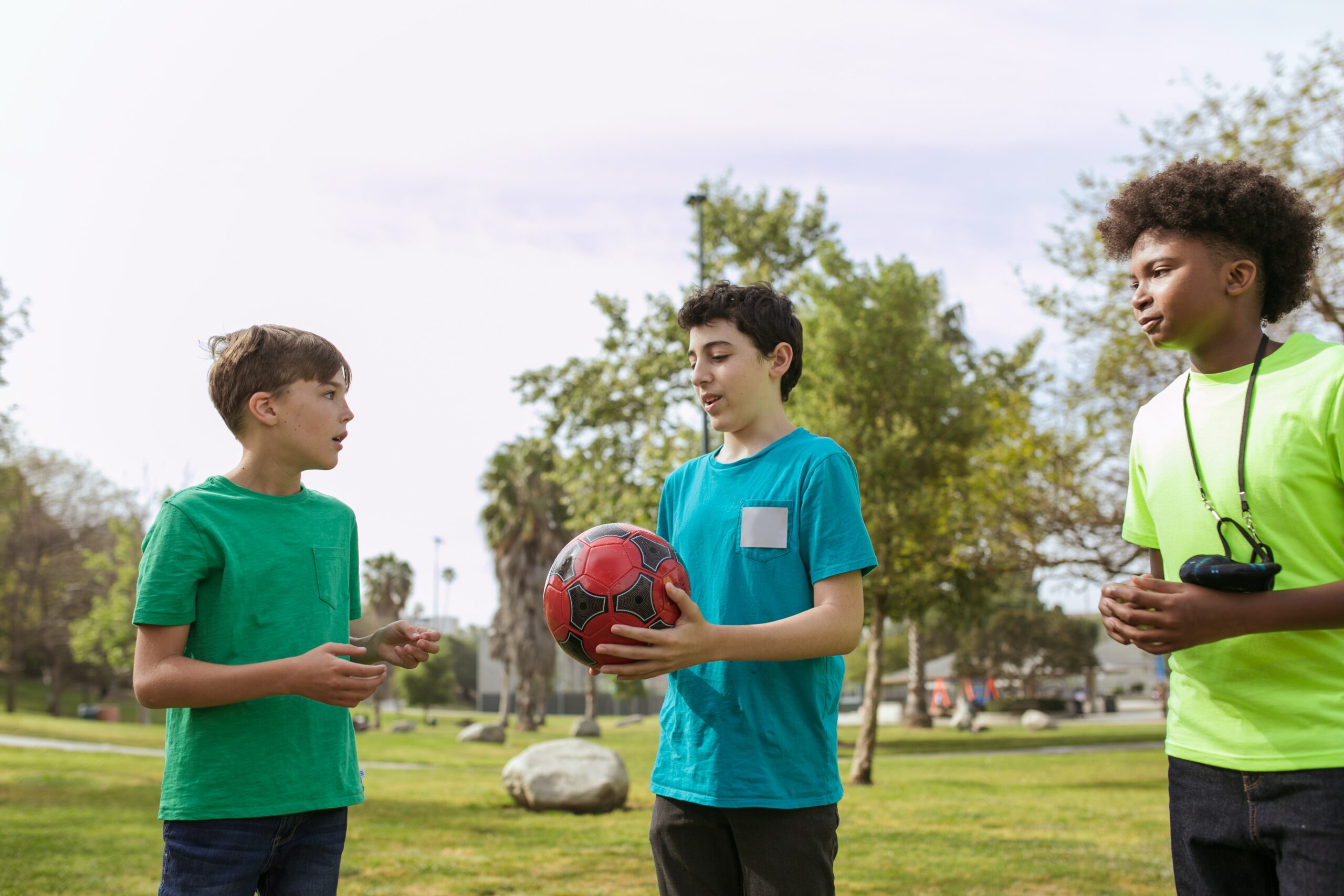What You Need to Know About Pneumonia: When you get pneumonia, high chances are it could lead to other medical problems. Learn the signs and get treatment right away to keep any complications under control.
From walking pneumonia to COVID-19 pneumonia, here are some essential facts you need to know about this potentially serious condition.
What is Pneumonia?
Pneumonia is an infection of the lungs characterised by inflammation of the airways. This condition may come from different microorganisms, including bacteria, viruses, fungi, and parasites.
Cases of pneumonia are common than we think. More than a million hospitalisations were recorded in the United States alone, and they have about 50,000 deaths every year. It is mainly because of lung infection causing inflammation, and fluid buildup eventually results in problems with oxygen exchange.
In some cases, pneumonia can be severe, and home remedies will not treat nor cure it. At this point, medical help is essential, and you will need to spend some time in the hospital. Recovery may take several weeks or months before you can entirely go back to normal.
Although medical treatment is necessary, some home remedies can improve comfort levels before the arrival of medical help. These first aid remedies may help ease the symptoms and enhance healing during the recovery period.
Here’s a guide on what you need to know about pneumonia, including when to see a doctor.
-
Pneumonia can have different causes.
Pneumonia came from a variety of viral infections, bacterial infections, and fungi. The most common causes are influenza, respiratory syncytial virus (RSV), and the SARS-CoV-2. The latter one is the virus that causes COVID-19 symptoms.
Knowing the cause of your pneumonia is an essential step towards getting the proper treatment.
2. Symptoms may vary
In general, the most common symptoms of pneumonia are fever, coughed-up mucus, shortness of breath, and fatigue. In the elderly, the most noticeable symptoms are fatigue and confusion. While experiencing viral pneumonia, you will observe a dry cough without sputum.
It can be challenging to tell if you have pneumonia just from these symptoms. Look out for the following signs.
- A temperature above 102°F – a fever that stays even after taking medications
- Blood oxygen level lower than 95%
- Coughing up blood or sputum containing blood
3. Do not self diagnose
Although you may suspect it based on the symptoms, only a doctor can diagnose you for pneumonia. There are instances where you will take a particular test to help diagnose types of pneumonia. The usual test for this condition involves a physical exam, blood test (for vital signs and temperature), and chest x-ray to look for evidence of lung infection.
4. Recovery takes time
As mentioned, recovery time for severe pneumonia may take some time. Some people feel better right away and can go back to their everyday routines within a week. For others, it may take a month or more.
Enough rest is vital to continue progress toward full recovery and avoid relapse.
5. Treatment is different
Treatment for pneumonia may depend on its cause, your age, and how the infection affects your overall health. Healthcare providers will give you the prescribed medicine for treatment. These will help loosen up the mucus on your lungs.
For breathing difficulties, you may need to go straight to the hospital and get I.V. medication until you feel better.
Here are other things you can do to get better faster:
- Getting enough sleep – Give the body its well-deserved rest. Doing this will give your body the strength it needs to fight the illness.
- Take deep breaths and cough – Do it several times in an hour. Continue doing so until the mucus loosens up and gets out of your lungs.
- Proper hygiene – Wash your hands with soap and clean water. You can also use an alcohol-based sanitiser after blowing your nose and before eating.
- Stop smoking – If you are smoking, this is your chance to stop. Smoking will worsen your symptoms.
- Drink plenty of fluids – Make sure to intake several glasses of water every day. Fluids in the systems help thin and loosen the mucus in both lungs and throat.
- Eat healthily – Eating a well-balanced diet is the best way for your body to work at its best and heal quickly.
Conclusion
Pneumonia can be treatable successfully, especially if medications and other home remedies start early. Without first aid measures in place, pneumonia can be fatal.
Learn more about pneumonia in a first aid course. Talk with our team at First Aid Courses Darwin for more information.
